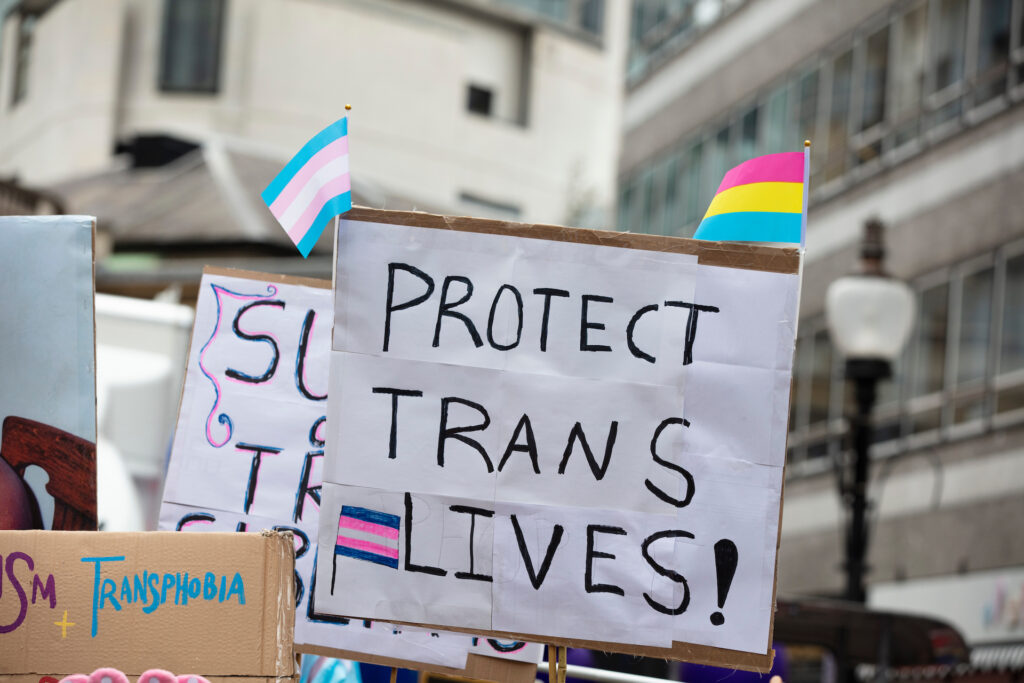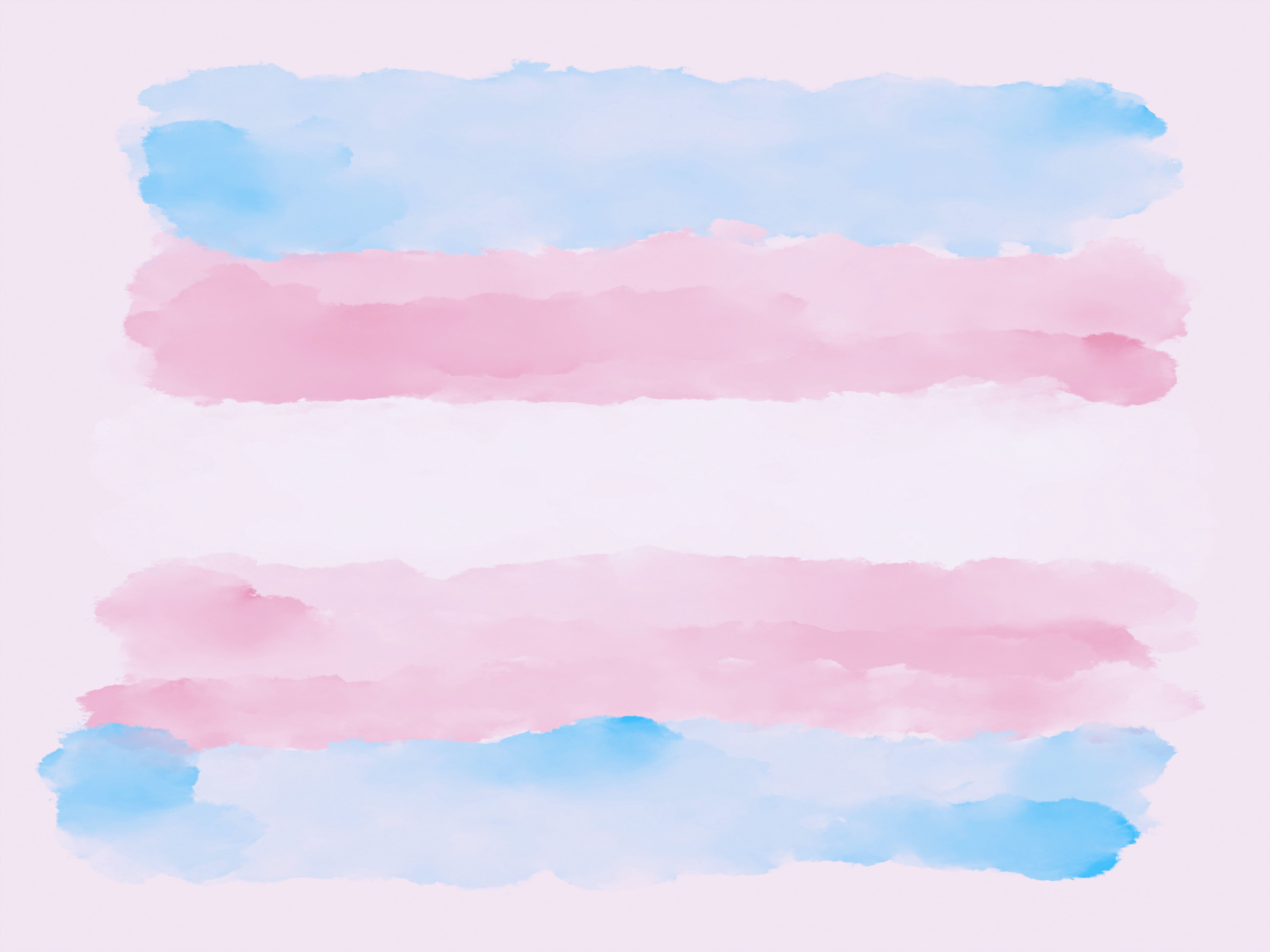March 31st is International Transgender Day of Visibility, and we want to take this opportunity to talk about how addiction appears in the trans community. There are many misconceptions about addiction and transgender people, and we must clear them up once and for all.
First and foremost, it’s important to understand that addiction is a disease. Addiction can impact anyone, no matter who they are or where they come from. It doesn’t discriminate based on race, gender, or sexuality.
That being said, the risk of developing an addiction is significantly higher for certain groups of people.
The discrimination, maltreatment, victimization, and harassment the transgender community faces only yields more hardships for them. As a highly susceptible population to this level of minority stress, transgender people are more prone to mental health concerns and addiction than the general population.
There are, unfortunately, many reasons why this is the case. First, transgender people often suffer from discrimination and exclusion. This can lead to feelings of isolation, anxiety, and depression – all of which can increase the likelihood of developing an addiction.

Additionally, transgender people often turn to substances to cope with the stress and trauma of transitioning. This is especially true for individuals without a supportive network of family and friends.
Finally, many transgender people do not have access to quality healthcare. This means that they cannot always receive the treatment they need if they develop an addiction.
Around 25 million people make up the transgender community worldwide. And while it may be considered a minority community, that’s 25 million people too many to be routinely denied basic rights to employment, marriage, housing, and healthcare – to name a few.
For transgender individuals, addiction rates and risk factors are considerably higher than those of their LGBT peers. Not to mention the population as a whole, as being a minority in a majority heterosexual culture presents a unique set of serious challenges.
At Georgia Strait Women’s Clinic, we want to help you overcome any and all of these challenges. We believe that everyone deserves access to the best possible mental health care, regardless of their gender identity or sexual orientation.
We see you. Not only on the International Transgender Day of Visibility. Not only when you put yourself out there, making momentous strides in the world legally and socially. We see you every day, and we will never deny you care.
Georgia Strait Women’s clinic is proud to be a safe space for the trans community. If you are a member of the trans community and struggle with alcohol or drug addiction, please know that you are not alone. We are here for you!




